Symbolic value, red lines, and bitter pills
Former Ambassador to Germany Ognjen Pribićević has commented on <a href="http://www.b92.net/eng/news/politics-article.php?yyyy=2012&mm=10&dd=19&nav_id=82735" class="text-link" target= "_blank">the meeting between Ivica Dačić and Hashim Thaci</a> to say it would "echo very well in the EU".
Friday, 19.10.2012.
20:45

BELGRADE Former Ambassador to Germany Ognjen Pribicevic has commented on the meeting between Ivica Dacic and Hashim Thaci to say it would "echo very well in the EU". According to him, this was "the first positive signal after a series of confusing and bad news from Serbia". Symbolic value, red lines, and bitter pills "There will certainly be objections in Serbia over why this meeting took place at all, but they are not valid as long as the process of the dialogue with Pristina is not running contrary to the Constitution," Pribicevic noted. The meeting in Brussels, which was also attended by EU foreign policy chief Catherine Ashton, "has great symbolic value", this former diplomat believes, and says this is the case "because its main outcome is that the talks will resume soon": "There is no doubt that at the end of the process Serbia will after all face the dilemma 'EU or Kosovo', but it is certain that a long road of internal reforms are ahead for Serbia where the EU can be of great help. When Serbia finally faces that dilemma, it remains to be seen what the EU will even look like at that time, and for that reason the process should not be stopped in this phase." Ognjen Pribicevic (Tanjug, file) His fellow former ambassador, now professor at Belgrade's Faculty of Political Sciences Predrag Simic also reacted to say the meeting would, "if anything", reduce the tension between Belgrade and Brussels and the crisis in their relations. Serbia's former envoy to France told Tanjug the meeting would cause many controversial reactions, and that neither Dacic in Belgrade nor Thaci in Pristina would be "welcomed with applause". Catherine Ashton is the most satisfied after the meeting with Dacic and Thaci, "because she will have something to show when the EU is presented with the Nobel Peace Prize", he stated. It would have been better if the trilateral meeting had taken place after Belgrade had completed its platform for the talks, Simic believes. "I suppose the pressure from Brussels was so strong that the meeting had to happen before the platform was completed, goals of the negotiations set and the reactions to the EU enlargement strategy calmed down," he noted. The meeting between Dacic and Taci is a product of Ashton's diplomacy, so the EU could show the talks were approaching and that it had the formula for success. "I must remain fairly skeptical about the issue, because the EU's mediation between Belgrade and Pristina so far has not resulted in much good," Simic concluded. Predrag Simic (file) Political analyst Djordje Vukadinovic believes that the meeting in Brussels on Friday means that the Serbia "crossed yet another red line", and that it, coerced, swallowed "a sizable pill": "The Dacic-Thaci meeting obviously crossed another red line of the Serbian authorities, and that is that they will not talk to Thaci until the probe into the human organ trafficking (in Kosovo) has been completed, and his role in it clarified." Vukadinovic, however, noted that it was "less clear" whether this was yet another in a series of nonsensical concessions made by Belgrade, in expectation of reciprocal concessions from Brussels and Pristina, in return "for the pill, one of the more sizable ones, that Dacic and official Belgrade were forced to swallow." "For the moment, we still don't know if accepting to meet with Thaci was the result of an appraisal or a hope that he might be a somewhat softer negotiator considering the situation he finds himself in, or - which is more likely - that this was simply a continuation of Belgrade's practice of making unilateral concessions for the sake of its virtual progress on the so-called European path," the analyst noted. Djordje Vukadinovic (file) B92 Beta
Symbolic value, red lines, and bitter pills
"There will certainly be objections in Serbia over why this meeting took place at all, but they are not valid as long as the process of the dialogue with Priština is not running contrary to the Constitution," Pribićević noted.The meeting in Brussels, which was also attended by EU foreign policy chief Catherine Ashton, "has great symbolic value", this former diplomat believes, and says this is the case "because its main outcome is that the talks will resume soon":
"There is no doubt that at the end of the process Serbia will after all face the dilemma 'EU or Kosovo', but it is certain that a long road of internal reforms are ahead for Serbia where the EU can be of great help. When Serbia finally faces that dilemma, it remains to be seen what the EU will even look like at that time, and for that reason the process should not be stopped in this phase."

Serbia's former envoy to France told Tanjug the meeting would cause many controversial reactions, and that neither Dačić in Belgrade nor Thaci in Priština would be "welcomed with applause".
Catherine Ashton is the most satisfied after the meeting with Dačić and Thaci, "because she will have something to show when the EU is presented with the Nobel Peace Prize", he stated.
It would have been better if the trilateral meeting had taken place after Belgrade had completed its platform for the talks, Simić believes.
"I suppose the pressure from Brussels was so strong that the meeting had to happen before the platform was completed, goals of the negotiations set and the reactions to the EU enlargement strategy calmed down," he noted.
The meeting between Dačić and Taci is a product of Ashton's diplomacy, so the EU could show the talks were approaching and that it had the formula for success.
"I must remain fairly skeptical about the issue, because the EU's mediation between Belgrade and Priština so far has not resulted in much good," Simić concluded.

"The Dačić-Thaci meeting obviously crossed another red line of the Serbian authorities, and that is that they will not talk to Thaci until the probe into the human organ trafficking (in Kosovo) has been completed, and his role in it clarified."
Vukadinović, however, noted that it was "less clear" whether this was yet another in a series of nonsensical concessions made by Belgrade, in expectation of reciprocal concessions from Brussels and Priština, in return "for the pill, one of the more sizable ones, that Dačić and official Belgrade were forced to swallow."
"For the moment, we still don't know if accepting to meet with Thaci was the result of an appraisal or a hope that he might be a somewhat softer negotiator considering the situation he finds himself in, or - which is more likely - that this was simply a continuation of Belgrade's practice of making unilateral concessions for the sake of its virtual progress on the so-called European path," the analyst noted.











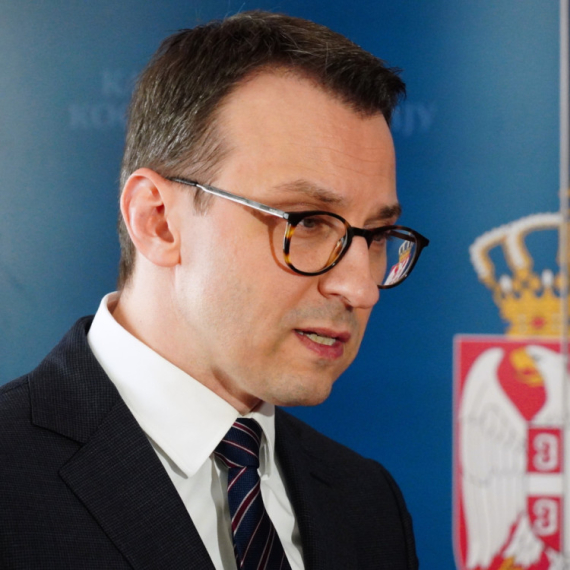
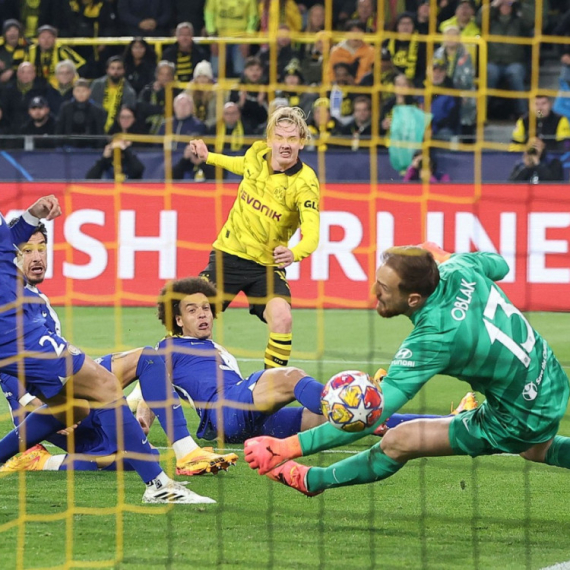


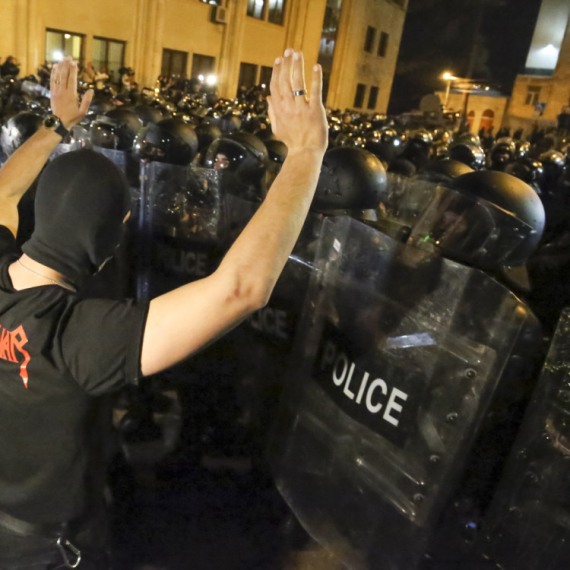
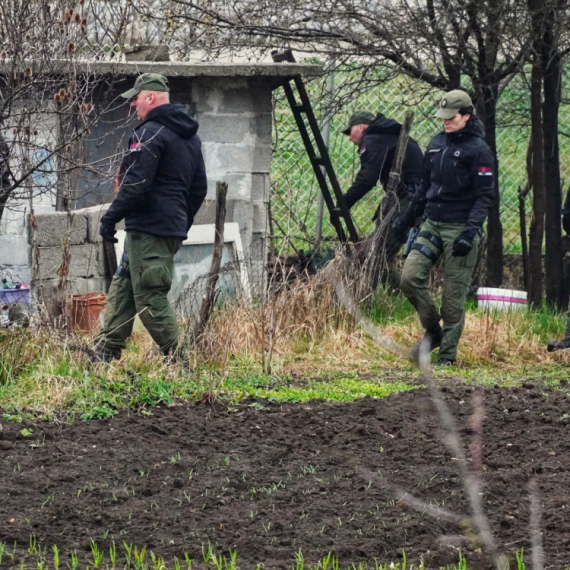





















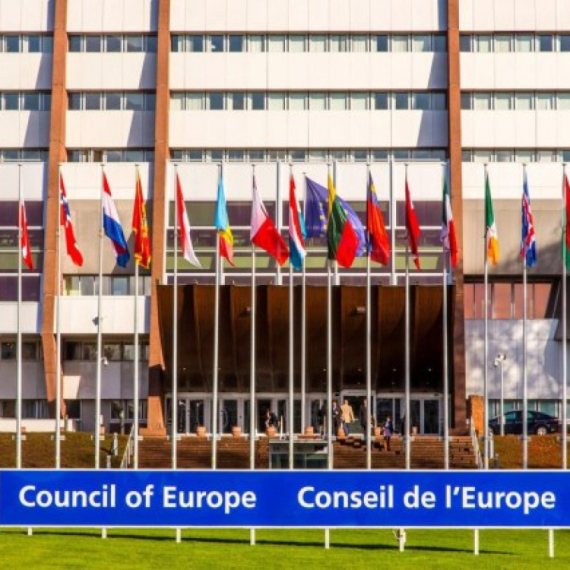













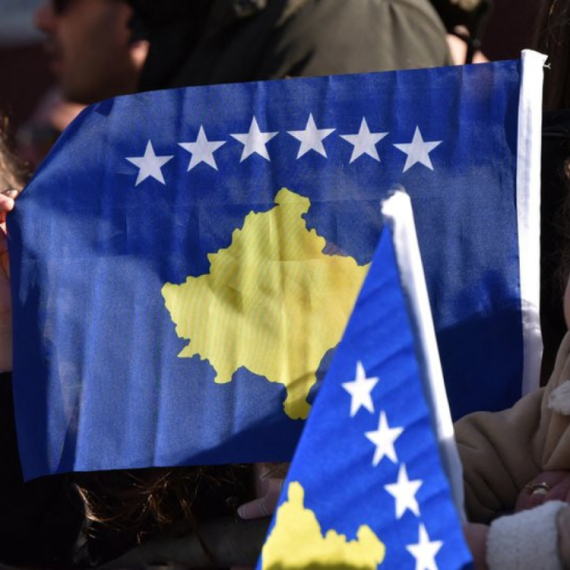





Komentari 2
Pogledaj komentare